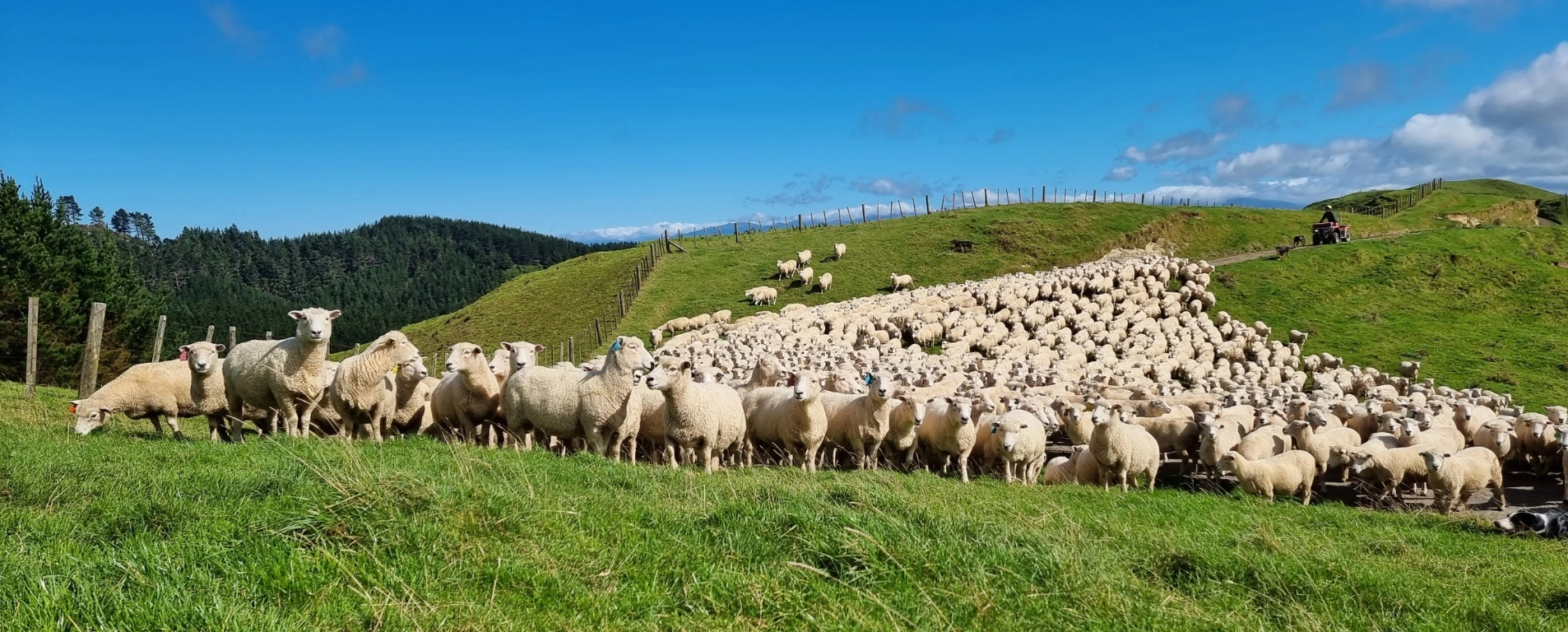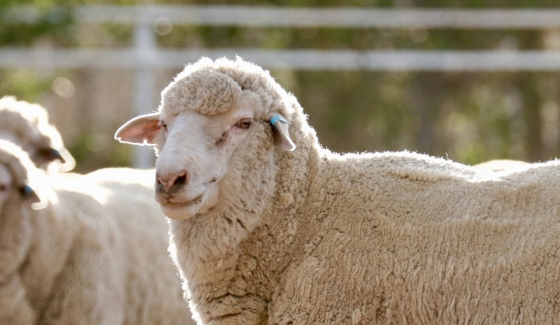
Ken Solly: 34 Minutes That Every Farmer Needs to Hear
In this episode of Head Shepherd…
Ken Solly shares insights drawn from an agricultural career that has spanned farm management, teaching and consultancy. We take a look at what makes a farming operation - and the people in it - successful in the fullest sense, not just the most profitable. We also get a glimpse into why Ken remains a sought-after mentor in his semi-retirement.
Ken is a highly-respected figure in Australian agriculture. He understands the practicalities of farm management (having spent 12 years managing farms himself) and has real empathy for farming people - their motivations, challenges and the interpersonal dynamics that play out. Once he realised that his passion lay in sharing knowledge with others, rather than being a farmer himself, he excelled as a TAFE lecturer and later as a private consultant.Today he is semi-retired, but continues to contribute to the next generation, generously sharing his accumulated wisdom.
Mending relationships and improving communication
After many decades working closely with the farming community, Ken believes that emotional intelligence and effective communication are essential.Too often he has seen relationship breakdowns undo the successes achieved operationally. “You’ll see a couple whose farm is brilliant and then all of a sudden there’s a bust-up in the marriage and then the guy who ends up with half the farm, he struggles to keep going,” Ken observes.
Successful farming is about more than managing crops or livestock well.Just as important is how we manage our relationships, navigate conflicts and take responsibility for our own role in the situation. Ken shares, “When I goto farms, when I find that the relationship or the chemistry is poor, it’s because there’s been poor conduct by an individual when they’re in a certain emotional state and the problem...is that they have been like this all their life and they just keep making the same mistake over and over again.”
Ken acknowledges that easy answers to this aspect of farming are elusive, “In the last 10 years, I’ve spent a lot of time trying to sort out the people side of it, and it’s a bloody tough gig.” Whether those dynamics are playing out across the generations, amongst siblings or between partners, Ken sees some values and behaviours as being fundamental: “We’ve got to do things on time and maintain a culture of trust, honesty, integrity, time management and following through on your promises. Those are the elements thatI see that are in really good farming operations.”
And he makes the case for repairing broken relationships as we would fix something physically broken, “If I said to a farmer, ‘Hey mate, your fence down there on the main road, the top five wires are broken,’ he would rush down there with the wire strainers and fix the fence up immediately. But I’ve worked with farms where the relationship has been broken for 20 years and they’ve done nothing about it…we've got to be better than that.”
Fixing a problem before multiplying it
Before ramping up something like fertility, Ken’s advice is to minimise your losses. “I think most farmers, to become more profitable, they’ve just got to learn to stop what’s slipping through their fingers. One of the sheep groups that I finished up with not long ago gave me one of those mittens that you put things in and out of a hot oven that’s got no fingers. I take that around and call it my management glove, because nothing can slip through your fingers if you wear a glove like that.” He encourages farmers to apply the ‘management glove’ across the board, from foetus and lamb survival to converting cash surpluses into long-term assets.
Ken has seen many farming businesses develop good cash flow and profit but struggle when it comes to accumulating wealth. Instead of setting aside a surplus to invest in another farm or off-farm assets, the money is spent on depreciating or evaporating assets.“If we look at the business fundamentals of generating cash, out of that we should create profit and then it’s how we spend that profit that creates wealth; and wealth is really the final scoreboard from a business point of view,” Ken states. When looking at succession planning and passing that wealth on, he circles back to the importance of addressing and resolving long-standing relationship issues for a successful transition.
Finding and learning from ‘good operators’
For family-owned farms, his advice to the next generation is to gain external experience before returning to the family farm; working outside agriculture altogether as well as in other farming businesses. Ken sees many advantages, “You learn from really good operators how to manage a business and how to manage people. You’ve got to make sure those people that you work for are good teachers so that you’re learning…and you’re breaking things at their expense, not your own when you get back home!” The result is returning home with a set of skills and broader perspectives that may not have been available(or taken in) working in the same place, for the same people.
Identifying the characteristics of ‘good operators’, Ken notes that they:
- Are ‘red hot’ on their timing of operations and labour efficiency.
- Keep their eye on the ball: planning, measuring, monitoring.
- Conduct their own applied on-farm research and trials.
- Synthesise knowledge well - picking up information from different sources, putting it all together and making a good decision from it.
- Remain abreast of new technology.
- Are disciplined, decisive and don’t procrastinate.
- Have a good support team around them.
- Milk every mistake for what it’s worth, not making the same mistake again.
Ken believes that the best operators have effective systems along with agreat mindset. “Within the business, they have good structures in terms oftheir record keeping and their meetings - how often they have them, who theyengage with and they are really good planners, they get the five W/H right:what, when, where, who, how and why.” Coming out of this approach, Ken seesgood strategy and flexible tactics, allowing them to adjust their direction asthey need to.
Mentorship
Today, Ken is enjoying semi-retirement, but still has a passion for mentoring young people in the rural community. He dedicates his time to coaching Nuffield scholars and sharing his experience with young professionals.We can all benefit from his wisdom and experience as we navigate the challenges and opportunities in our industry.
Listen to the full interview with Ken Solly on the Head Shepherd podcast here.
Head Shepherd is brought to you by neXtgen Agri International Limited, we help livestock farmers get the most out of the genetics they farm with. Get in touch with us if you would like to hear more about how we can help you do what you do best - info@nextgenagri.com.








